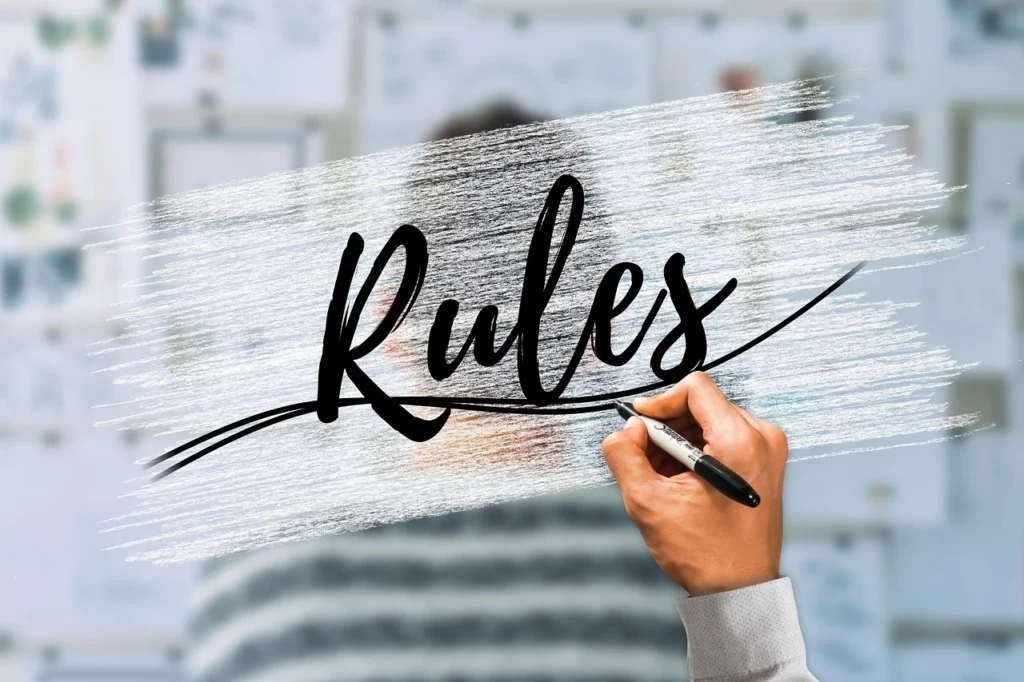When done right, Google Ads can be one of the most powerful tools in a law firm’s marketing arsenal. But if you’re not careful, it can also become an expensive, high-churn platform with minimal return. Many law firms jump into paid search advertising without a clear strategy, often competing on the most expensive keywords, wasting ad spend, and generating unqualified leads. “Google Ads for law firms”
To run effective Google Ads campaigns in the legal space, you need more than a big budget—you need smart strategy, targeting precision, and a conversion-focused funnel. This guide walks through how your law firm can reduce unnecessary ad spend, increase high-quality lead volume, and create campaigns that actually generate clients.
Why Google Ads Work for Law Firms (If You Know How to Use Them)
Google Ads (formerly AdWords) places your law firm at the top of search results for high-intent queries like “car accident lawyer near me” or “best personal injury attorney.” When a user is actively searching for legal help, this is your chance to show up first.
But competition is fierce. Some of the most expensive cost-per-click (CPC) keywords in the world belong to legal services. That means you can’t afford to waste impressions or clicks on poorly written ads, irrelevant keywords, or bad landing pages.
The good news? By dialing in your targeting, ad copy, and conversion strategy, you can cut costs while increasing conversions.
Start with Intent: Target Keywords That Convert
Too often, law firms throw money at broad terms like “lawyer” or “legal help,” which may generate traffic but don’t reflect high buying intent. Instead, target long-tail keywords with clear intent, such as:
- “hire car accident lawyer Los Angeles”
- “free consultation for slip and fall case”
- “best workers’ comp attorney near me”
These queries come from users who are closer to making a decision—which means higher conversion potential and better ROI.
Tip: Use Google’s Keyword Planner or third-party tools like SEMrush or SpyFu to find lower-competition, high-intent keywords that fit your specific practice area and geography.
Don’t Ignore Negative Keywords
Negative keywords are just as important as your targeted terms. Without them, your ads may appear for irrelevant searches—like “legal jobs” or “how to sue my lawyer”—which burn your budget without bringing leads.
Some examples of essential negative keywords for law firms might include:
- “free lawyer jobs”
- “pro bono”
- “legal advice forum”
- “become a lawyer”
- “how to represent myself”
Regularly audit your search terms report and add negative keywords to filter out poor matches.
Structure Your Campaigns by Intent and Practice Area
Avoid lumping all your services into one campaign. If your firm handles personal injury, family law, and criminal defense, create separate campaigns for each, with unique ad copy and landing pages.
Within each campaign, build out ad groups based on specific intent:
- Personal Injury → Car accidents, slips and falls, wrongful death
- Family Law → Divorce lawyer, custody lawyer, child support help
This ensures your ads are highly relevant to each user’s search query—improving Quality Score and reducing CPC.
Write Ad Copy That Speaks Directly to Pain Points
The most successful Google Ads are not just keyword-stuffed—they’re empathy-driven and solution-focused. Think about what your potential clients are feeling when they search for a lawyer.
Great ad copy includes:
- A compelling headline (“Injured? Get Maximum Compensation Fast”)
- Specific benefits (“Free Consultation. No Win, No Fee.”)
- A clear call-to-action (“Speak with an Attorney Today”)
Also, make sure to test different variations using A/B testing. Sometimes, a minor tweak in wording can significantly impact your click-through and conversion rates.

Optimize Landing Pages for Conversion
A click is only the beginning. If your landing page doesn’t convert, you’ve wasted money.
Best practices for legal landing pages include:
- A strong, clear headline
- A short, benefit-driven form
- Trust elements like client testimonials, case results, or attorney awards
- A click-to-call button for mobile users
- Consistent branding and message match with your ad
Avoid linking Google Ads traffic to your homepage. Instead, use dedicated landing pages tailored to the specific practice area and ad group.
Use Call Tracking and Lead Attribution Tools
If you don’t know which ads are generating leads, it’s impossible to improve performance. Use call tracking numbers and CRM integrations to connect Google Ads traffic with real clients.
Platforms like CallRail, WhatConverts, or Lawmatics let you track:
- Which keywords generate the most calls
- How long each call lasts (to weed out junk leads)
- Which calls actually turn into retained clients
This data is essential for cutting waste and scaling what works.
Geo-Target Wisely and Avoid Overreach
You don’t need to target your entire state if 90% of your clients come from three counties. Use radius targeting or zip code selection to focus your ad spend on your core service areas.
This allows you to create hyper-local ad copy and location-specific landing pages, which both improve relevance and conversions.
Bonus tip: Adjust your bids by location—if you know leads from a certain neighborhood convert better, increase your budget for that area.
Schedule Ads Based on Your Best Hours
If your intake team only answers calls from 8 AM to 6 PM, don’t run ads 24/7. Use ad scheduling to show your ads when someone is available to respond. Otherwise, you’re paying for clicks when no one is answering.
You can also analyze when your best conversions occur and increase bids during those hours or days.
Monitor Your Quality Score and Landing Page Experience
Google rewards relevance. The better your ads and landing pages align with searcher intent, the higher your Quality Score—which reduces your cost per click.
Focus on:
- Tight keyword-to-ad copy relevance
- Fast-loading, mobile-friendly pages
- Clear calls to action
A higher Quality Score not only lowers your costs but also improves your ad rank, giving you better placement for less money.
Split-Test Everything—Ads, Pages, and Offers
One of the biggest mistakes law firms make is “set and forget.” Google Ads requires constant testing to improve performance.
Test:
- Different headlines and descriptions
- Multiple landing page layouts
- Contact form lengths (shorter often converts better)
- Offers (e.g., “Free Consultation” vs. “Same-Day Call Back”)
Use this data to continuously optimize your campaigns and improve ROI over time.
Google Ads Success Starts with Strategy—Not Just Spend
More money doesn’t always mean more leads. In fact, many law firms lose money on Google Ads because they don’t have a clear strategy.
Smart targeting, emotional ad copy, optimized landing pages, and intelligent tracking are the building blocks of success. Whether you’re a solo attorney or managing a multi-attorney firm, the key to profitable Google Ads is precision, not volume.
Need help building a law firm PPC campaign that drives real clients—not just clicks?
🎯 Apply for your FREE Discovery Call today and discover how LawPro Nation’s Case Attraction System™ can help your firm scale with Google Ads the right way.
👉 https://lawpronation.com/apply/
Google Ads for law firms
Focus Keywords:
- Google Ads for law firms
- Law firm PPC strategy
- Legal marketing campaigns
- Cut ad costs for attorneys
- Convert legal leads
- Google Ads for law firms
- Law firm advertising tips
- Improve CPC for lawyers
- Legal landing pages
- Google Ads for law firms


